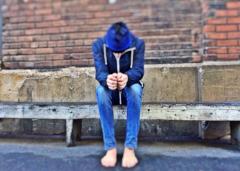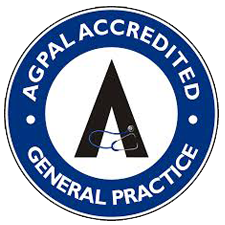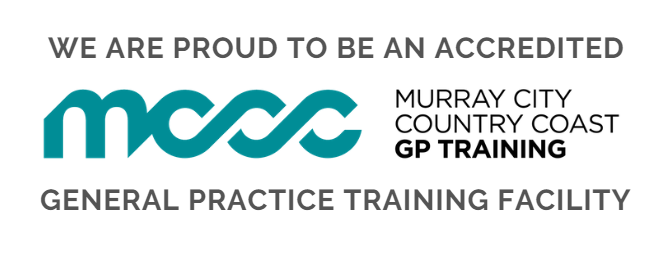
More than 26,000 young Australians do not have a home. In most cases it is due to escaping conflict and violence in the home. People associate homelessness with living on the streets however this is only a small part of the problem. Homelessness is about not having a home full stop, this includes ‘couch surfing’ temporarily with friends, family or people they don’t know very well. This may seem harmless however young people need to have a sense of security, stability, privacy, safety and the ability to control your living space, it may also be dangerous.
Youth Homelessness Matters Day campaign started in 1990. We’ll probably never live in a society where no young person has to leave home early, especially when such things are beyond our control such as family breakdown. However young people shouldn’t be faced with a life of disadvantage just because they were dealt a bad hand and born to imperfect parents or a broken family.
The campaign aims to:
#1 Ensure that young people have greater access to support and services
Young people at risk of, or experiencing homelessness need access to supportive and well-resourced services which work with them in establishing foundations on which they can build a stable future. These services can be tasked with the provision of ensuring health and wellbeing, safety and stability, re-engagement and participation with education and employment services.
#2 Break Stereotypes
The aim of this campaign is to break the common stereotypes that are associated with youth homelessness, and the young people who experience disadvantage.
The stigma attached to homelessness often prevents many young people from seeking help. As such, Youth Homelessness Matters Day aims to raise awareness that youth homelessness stereotypes are not accurate, and instead there needs to be more focus on recognising the signs of homelessness so there can be less shame and more productive help available.
#3 Engage with Government and Business
The campaign also aims to engage government and corporate sectors to resource specialist youth homelessness services, also known as youth refuges or shelters, which provide young people with the help they need in order to get back on their feet.




